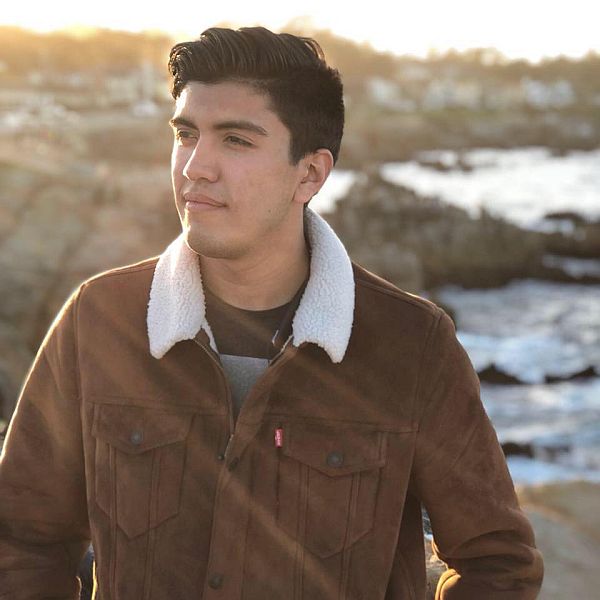By Rob Ruiz
CSPS Intern
I will be totally honest when I say that I had no idea what to expect when I joined the University of Tennessee’s Center for Sport, Peace, and Society (CSPS) as a student fellow this summer. The name of the center itself caught my eye—Sport, Peace, and Society? For years I have been captivated by the power sport holds as a unifying factor in our social circles, schools, communities. There is something powerful about the bond a high school basketball team forms as they try to make a playoff push, the rigorous hours spent together as fencing club prepares for the USA Fencing Tournament, or the pure triumph experienced by Oksana Masters as she won a gold medal in Cross Country Skiing after having both legs amputated as a child. The theme of all these stories?
Accepting the challenge.
Overcoming the odds.
Coming together.
I can think of few places better than sport to begin to impact deep, societal change, which is why I knew the CSPS was an organization that could help advance my desire to spark social change. When I heard what my first assignment would be, it seemed like fate.
Assignment number one: create a culture guide to assist American sports diplomacy delegates for a CSPS-led trip to Lima, Peru. I am proudly half Peruvian and have visited immediate family members in Lima many times. In addition, I have had the great fortune to travel to 17 countries. As a result, learning and understanding new cultures is one of my great passions. This assignment was tailored for me.
As I conducted my research, I wanted to be thorough and detailed. My goal was to create a culture guide that avoided subjective generalizations and instead presented the most accurate picture possible of the beautiful country of Peru. I wanted to include many items that I knew to be true based on my experiences with family and friends, but I was careful to find that these observations were verified and shared culturally. One area I had no previous familiarity with was disability rights in Peru.
I scoured articles on demographics and judicial amendments and learned that although there are a growing number of constitutional and legal provisions protecting persons with disabilities in Peru, there are still disproportionately high rates of poverty and unemployment for this population. This harsh truth, which is present not only in Peru but countries worldwide, highlights the important of the CSPS alumni who are working diligently every day to empower persons with disabilities through sport.
By the second month of my fellowship, I truly felt engrained in the culture of the CSPS, and I found that the lessons I was learning added value to other areas on my life. For example, I also conducted research on policies related to gender equality and sport for a CSPS-led trip to South Africa. Through this assignment, I learned that the research of scholars, such as Cassandra Ogunniyi from the University of Johannesburg, reveals that women who participated in sports transferred confidence gained on the field of play into success in their educational pursuits.
I also learned that through sports, women redefine cultural stereotypes of femininity and masculinity, which provides them opportunities to feel fully human and free. Increasing my awareness in the power that sport has in the lives of women globally brought new meaning to watching the U.S. Women’s National Soccer Team win the World Cup and shaped the way I interpreted the strong news coverage it received. Although we have much further to go as a society to achieve true equality and inclusion, watching groundbreakers like Alex Morgan, Megan Rapinoe, and Rose Lavelle triumph so spectacularly was inspiring.
My summer at the CSPS left me with important takeaways. First, I saw just how deep of an impact sport can have on creating a more unified and equitable world. I was deeply moved many times while reading personal stories, analyzing post-event reflections, and hearing firsthand how powerful the work of the CSPS has been since its inception. Second, my research into gender equality in sport in South Africa and inclusion policies for people with disabilities in Peru led me to reflect on how far we have to go as a society to achieve true equality for all. In a divisive world, we must continue to fight for the rights and respect of underserved populations. Third, I was reminded that we live in a beautiful and diverse world. We must spend our lives supporting each other and celebrating both what unifies us and what makes us different. As I continue in my role in the fall, I hope to carry these lessons with me and embody what it means to be a team member of the Center for Sport, Peace, and Society.
High fives!!
